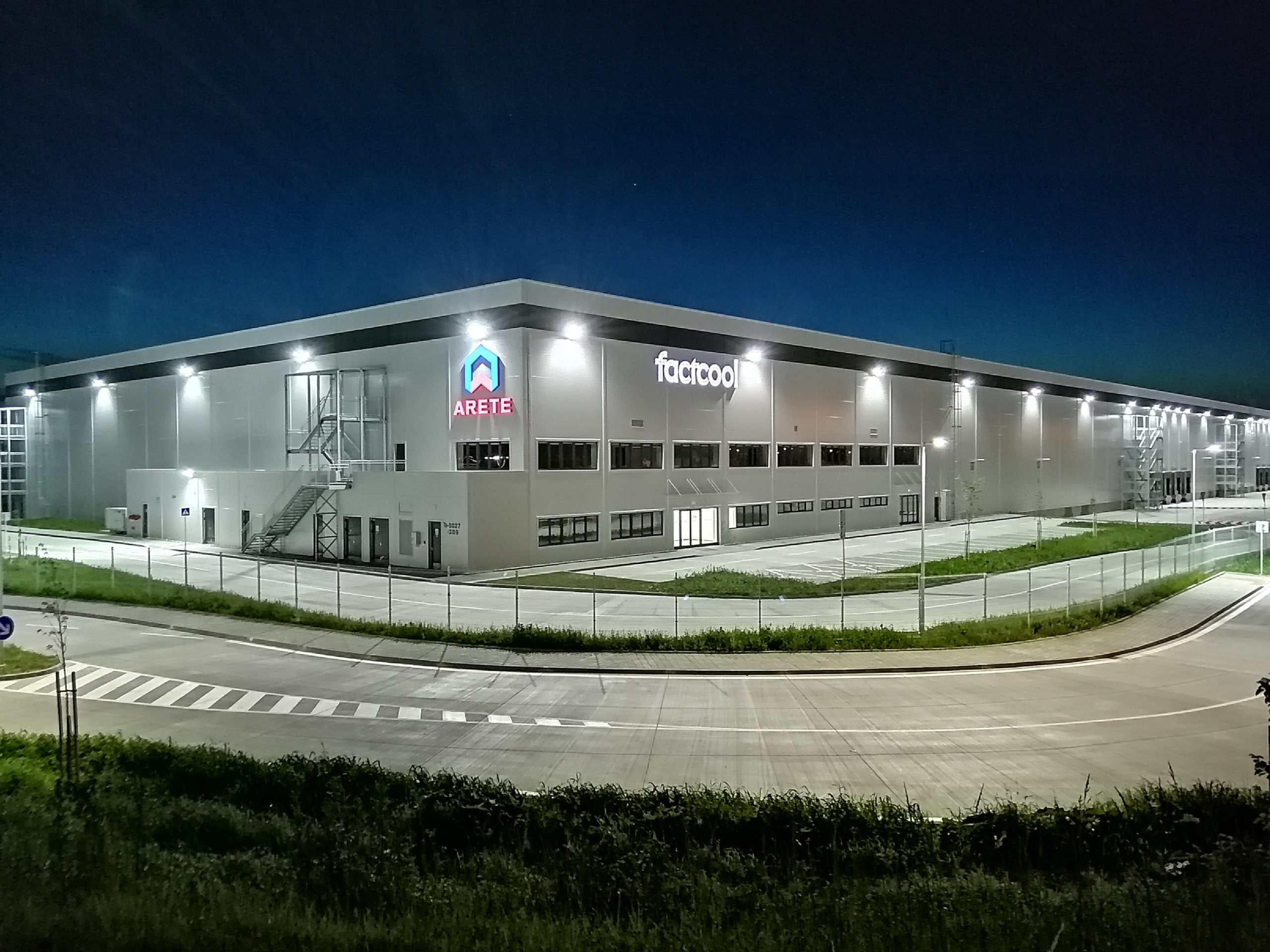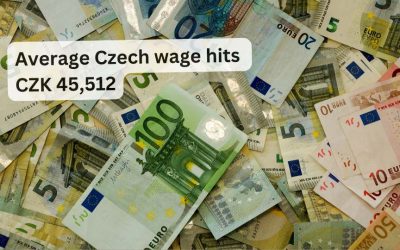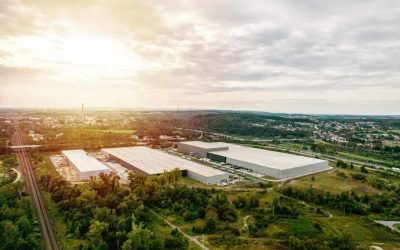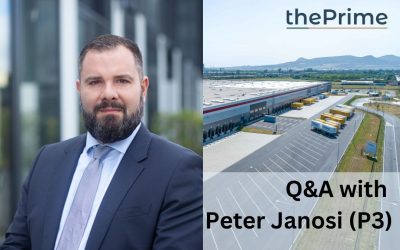At the beginning of December, Arete Group was managing a portfolio of 11 industrial properties for its fund ARETE INVEST CEEII. But by the 10th, the company was announcing that it found a single buyer for the assets – a Singapore stock exchange listed entity in deal JLL assisted it with. Arete co-founder Robert Ides admits that plenty of people have expressed amazement at their decision to sell, asking what the company will do now with no assets to manage. But he claims that unfamiliarity with the closed-end fund structure in Arete's home markets of Czechia and Slovakia . . .
------------------------------------------------------------------------------
Subscriber content
Archival content is available to subscribers only. If you have a membership subscription and are are experiencing issues logging in, please try the login below:
If you're interested in reading further, why not gain full access to the archives by subscribing?
Order your subscription here and we'll send you an invoice.
Annual memberships (€100/yr) can also be paid for by credit card, or you can pay month-to-month by clicking here.






